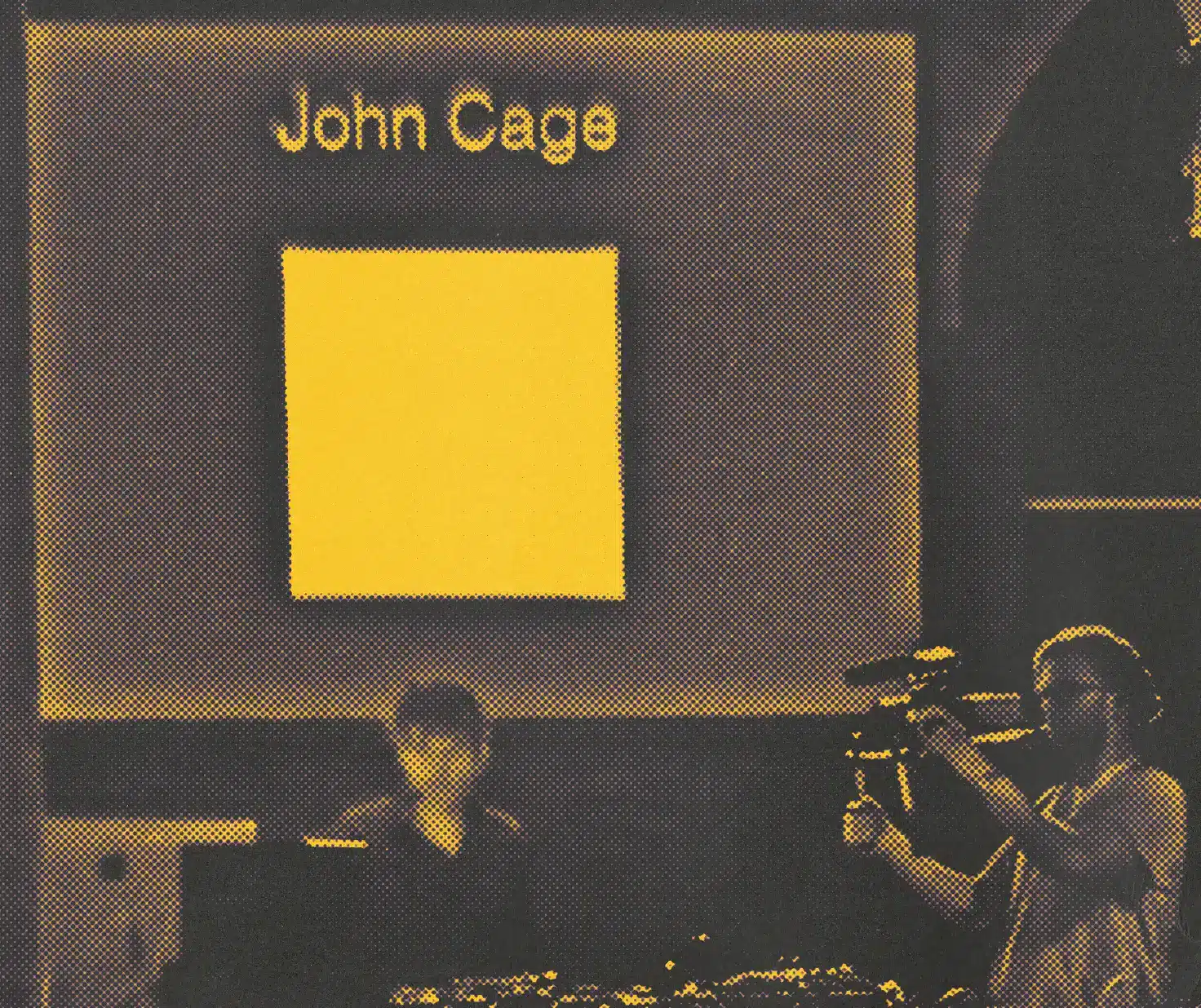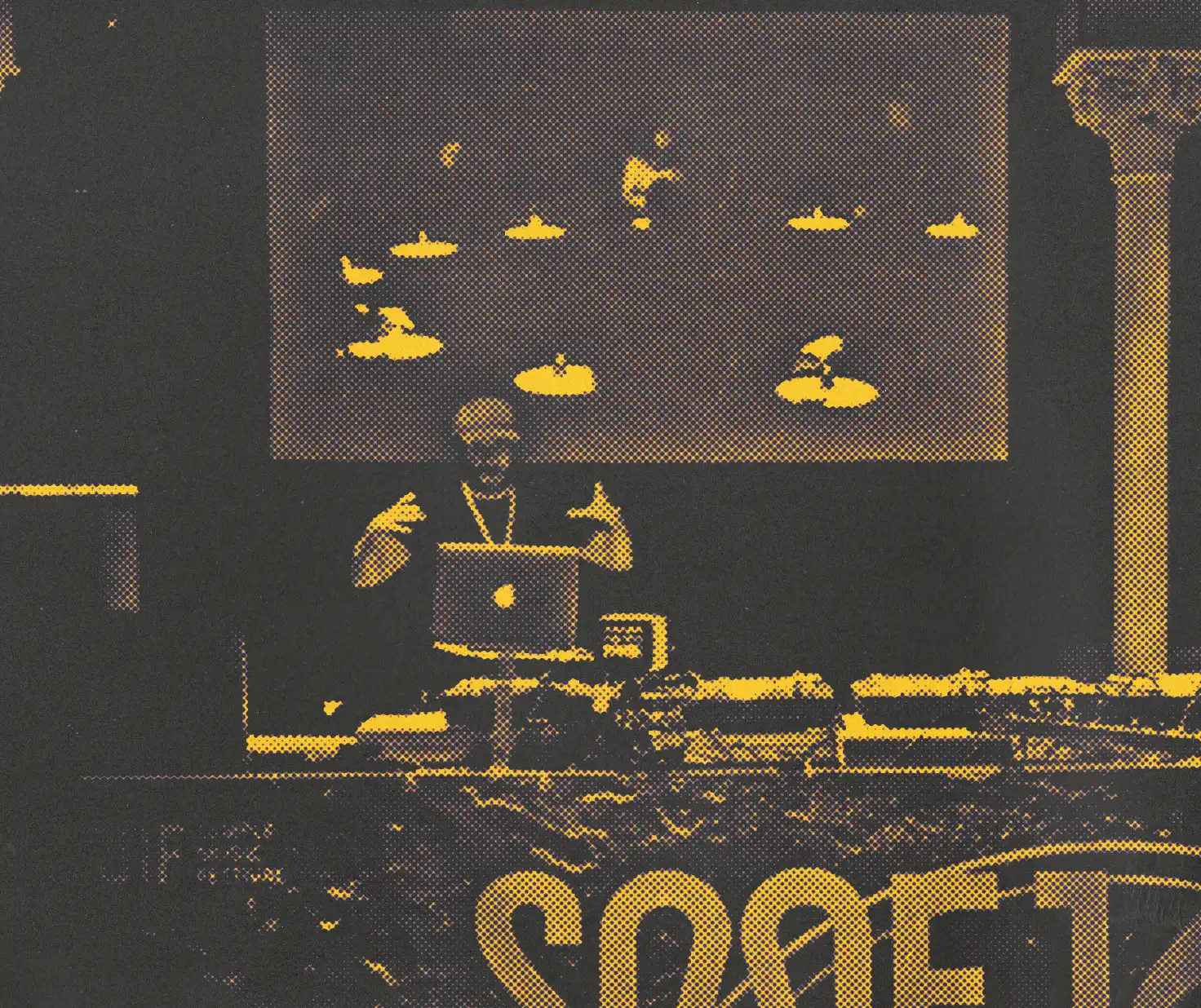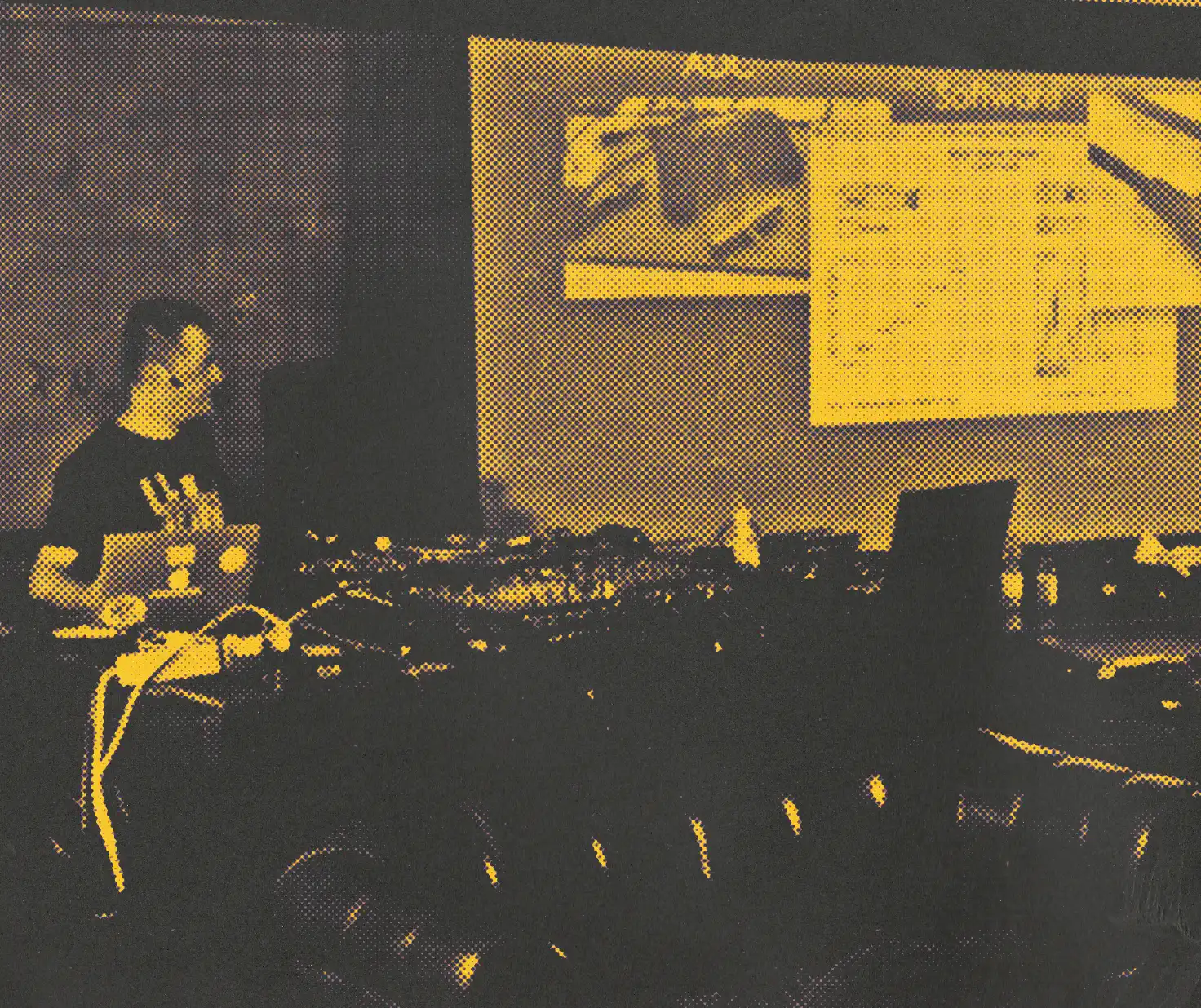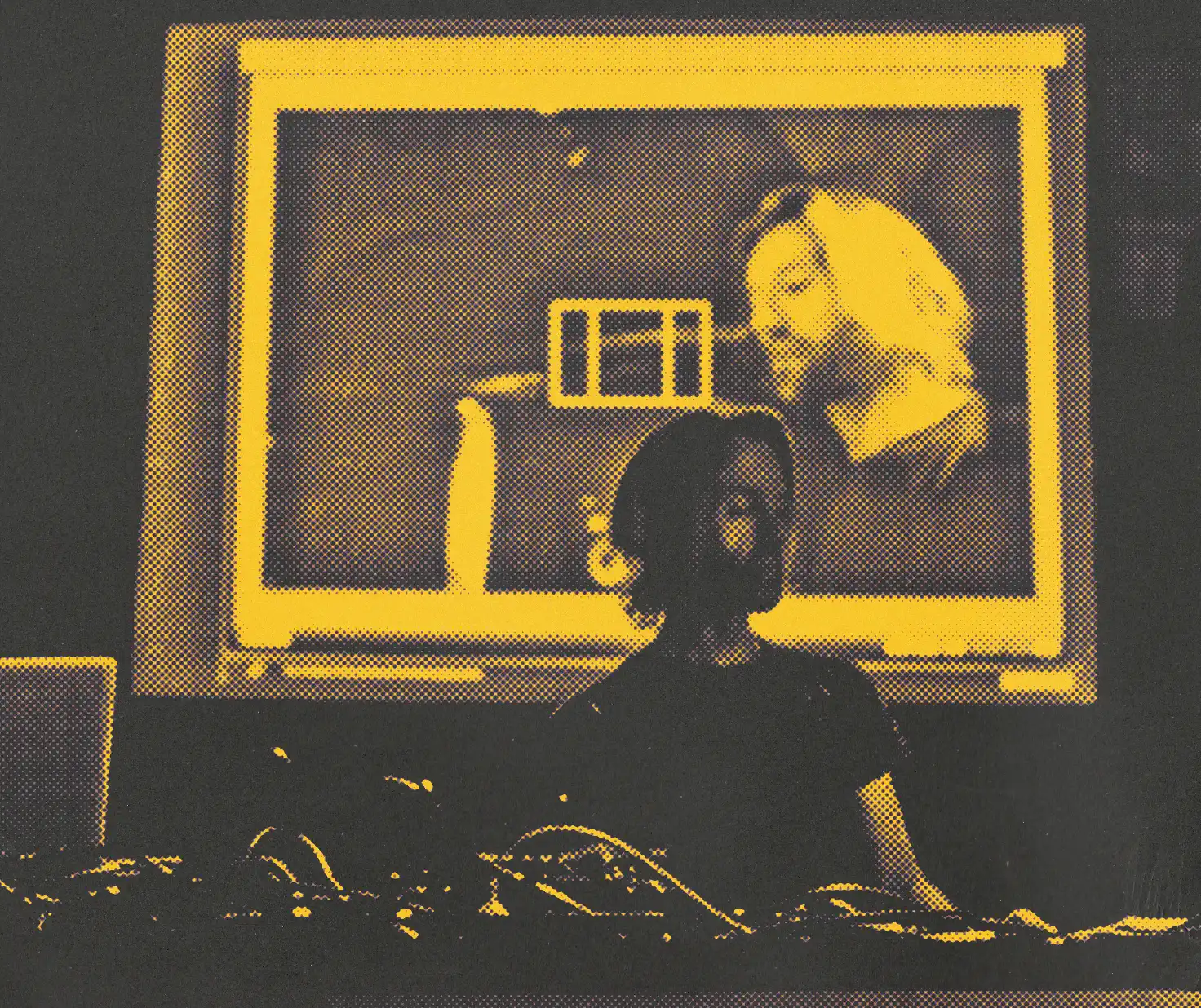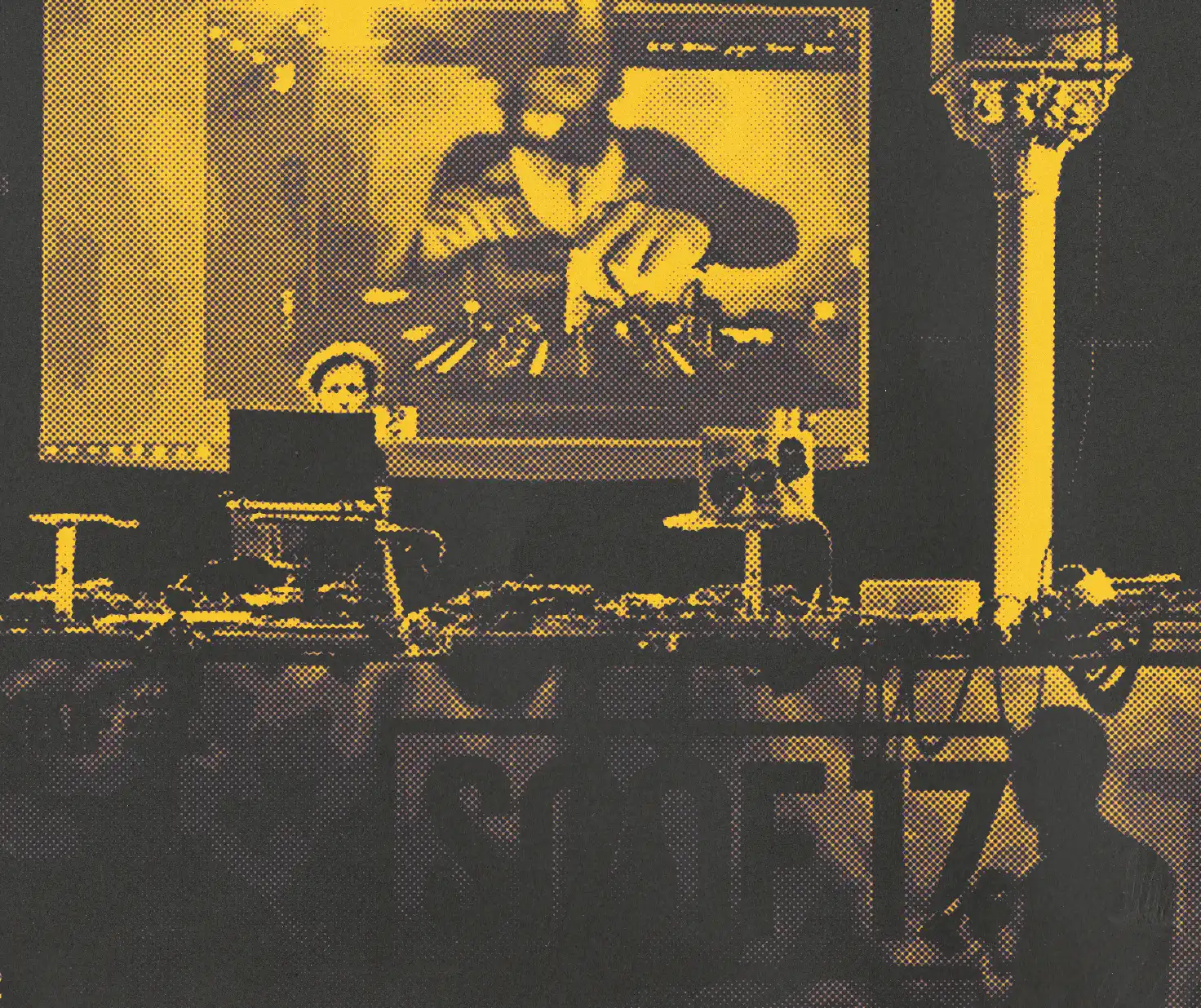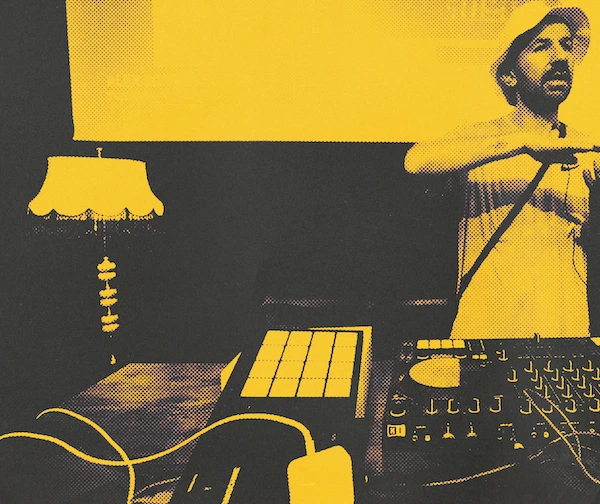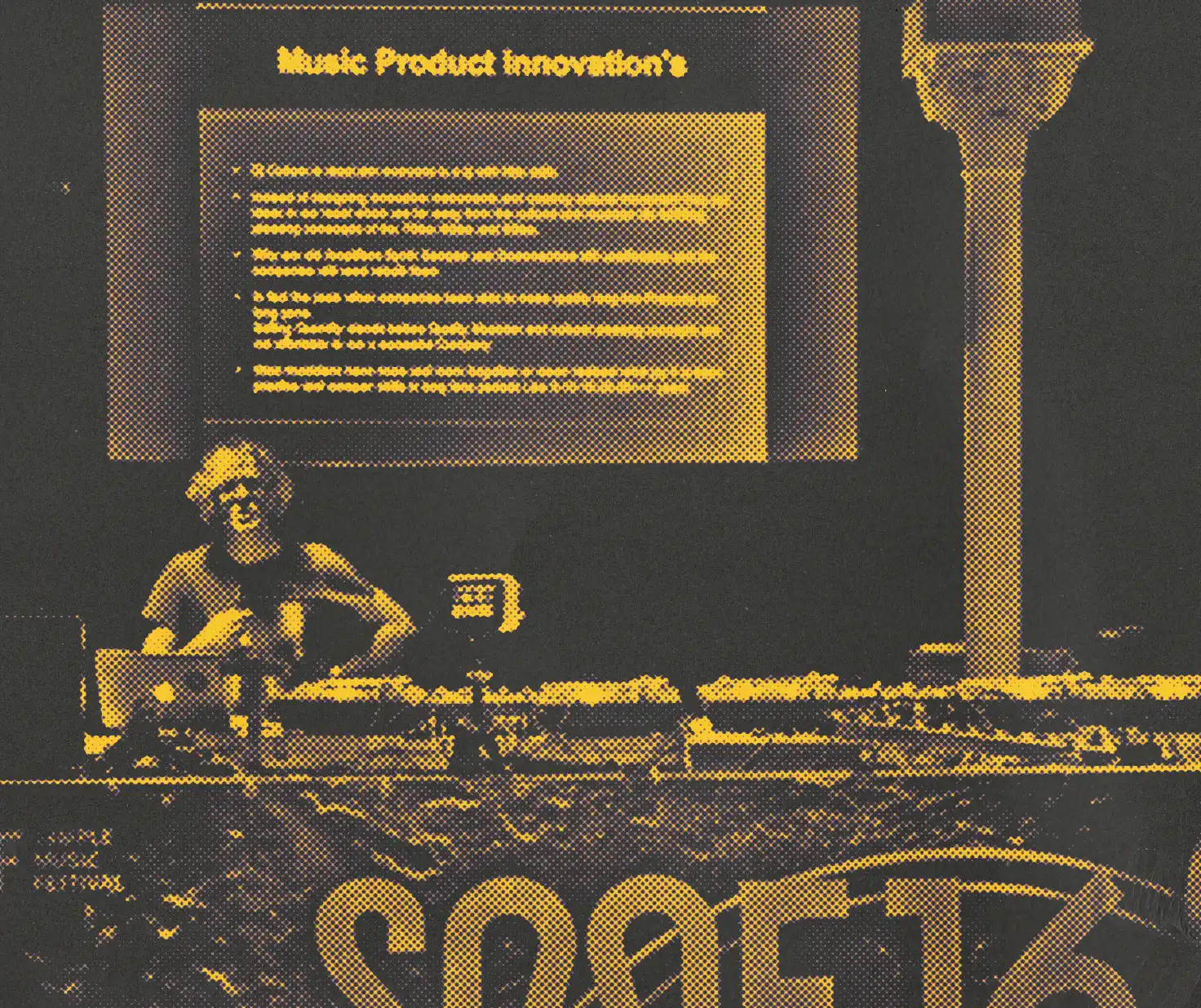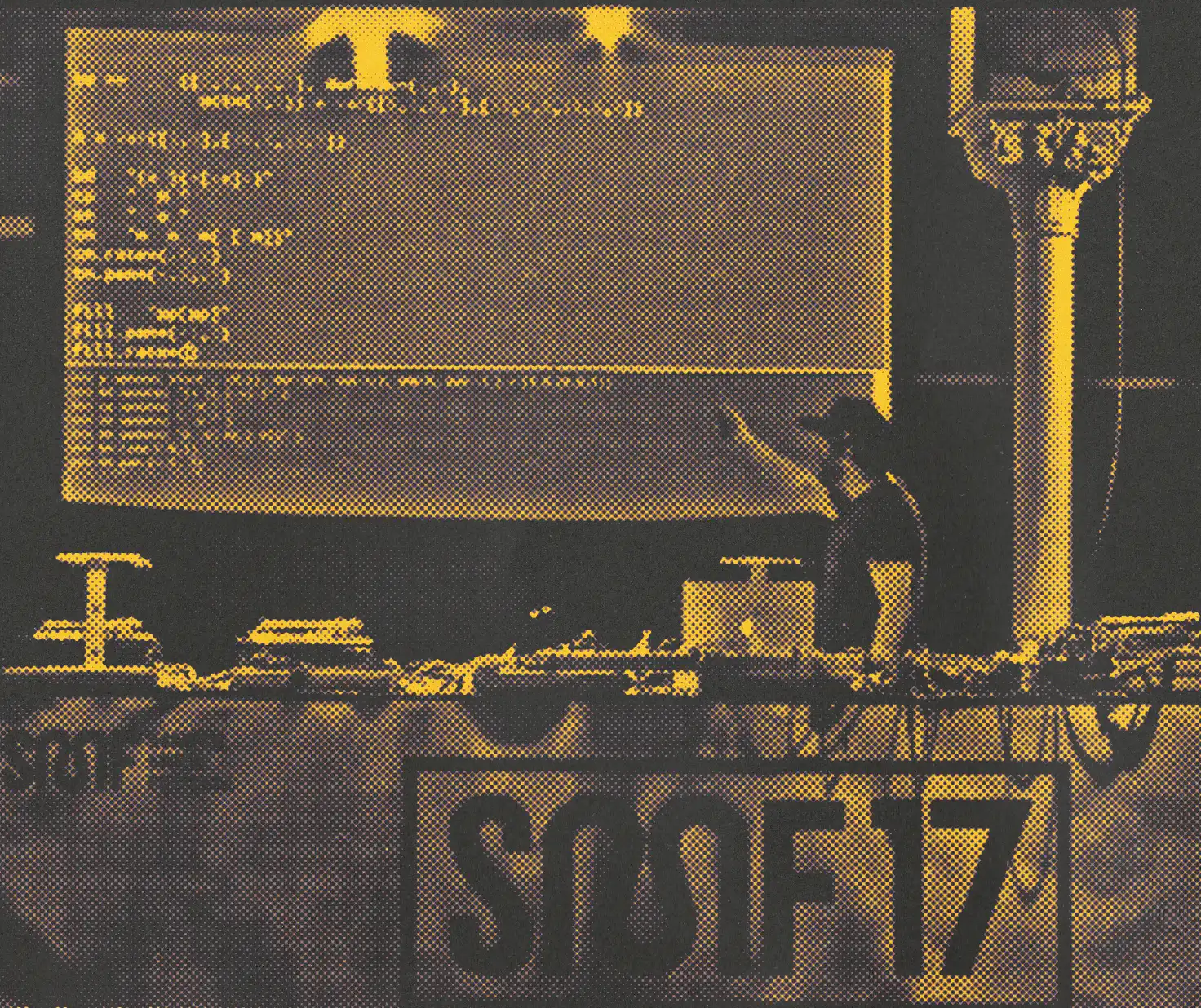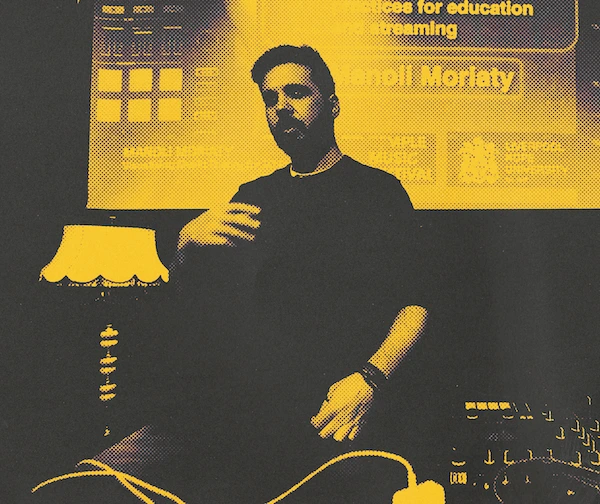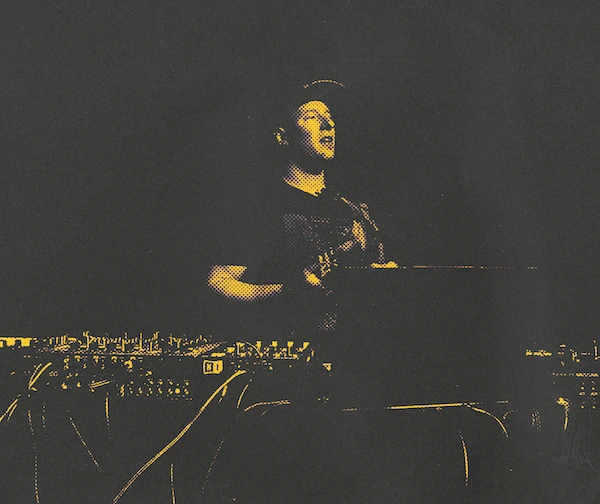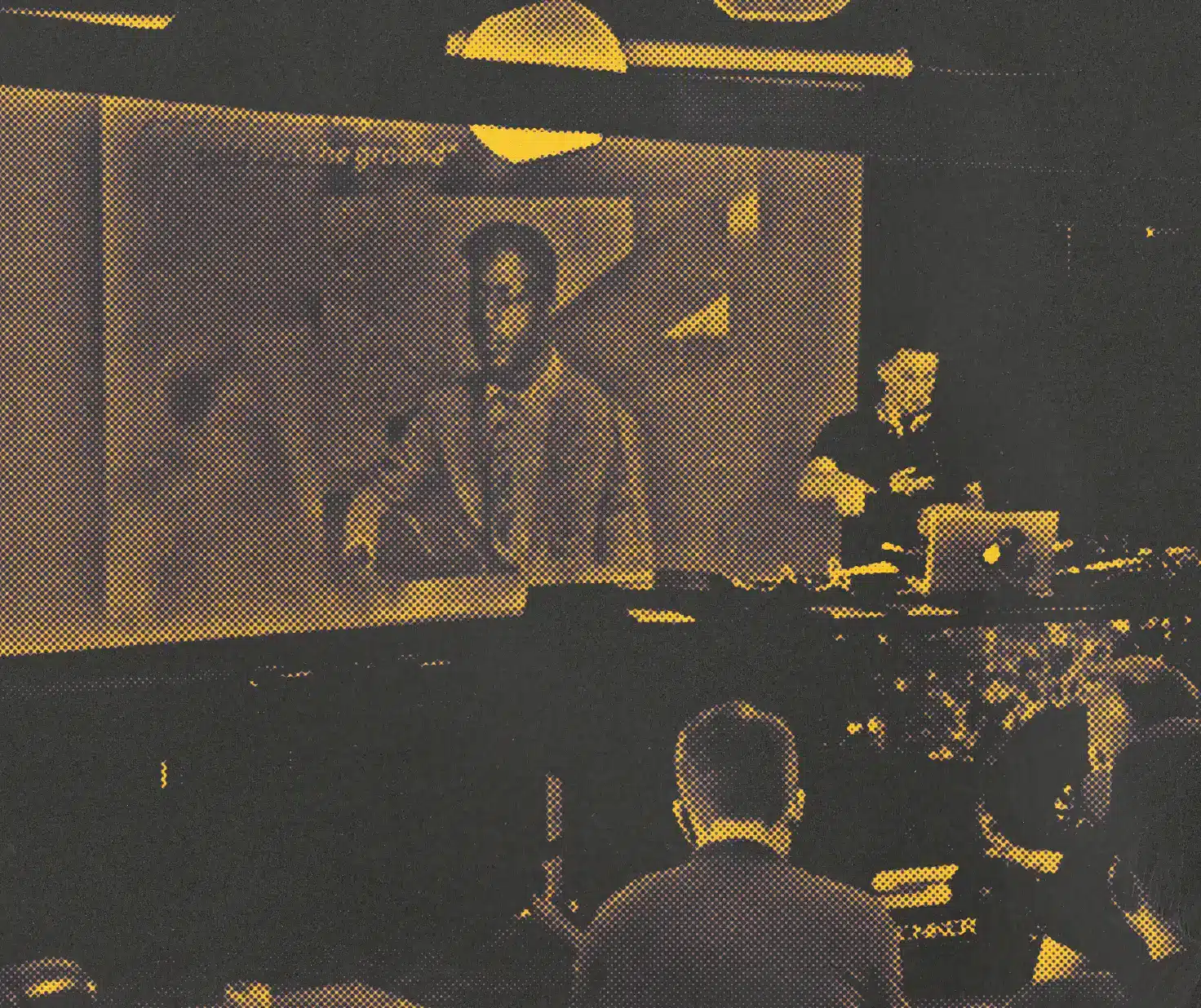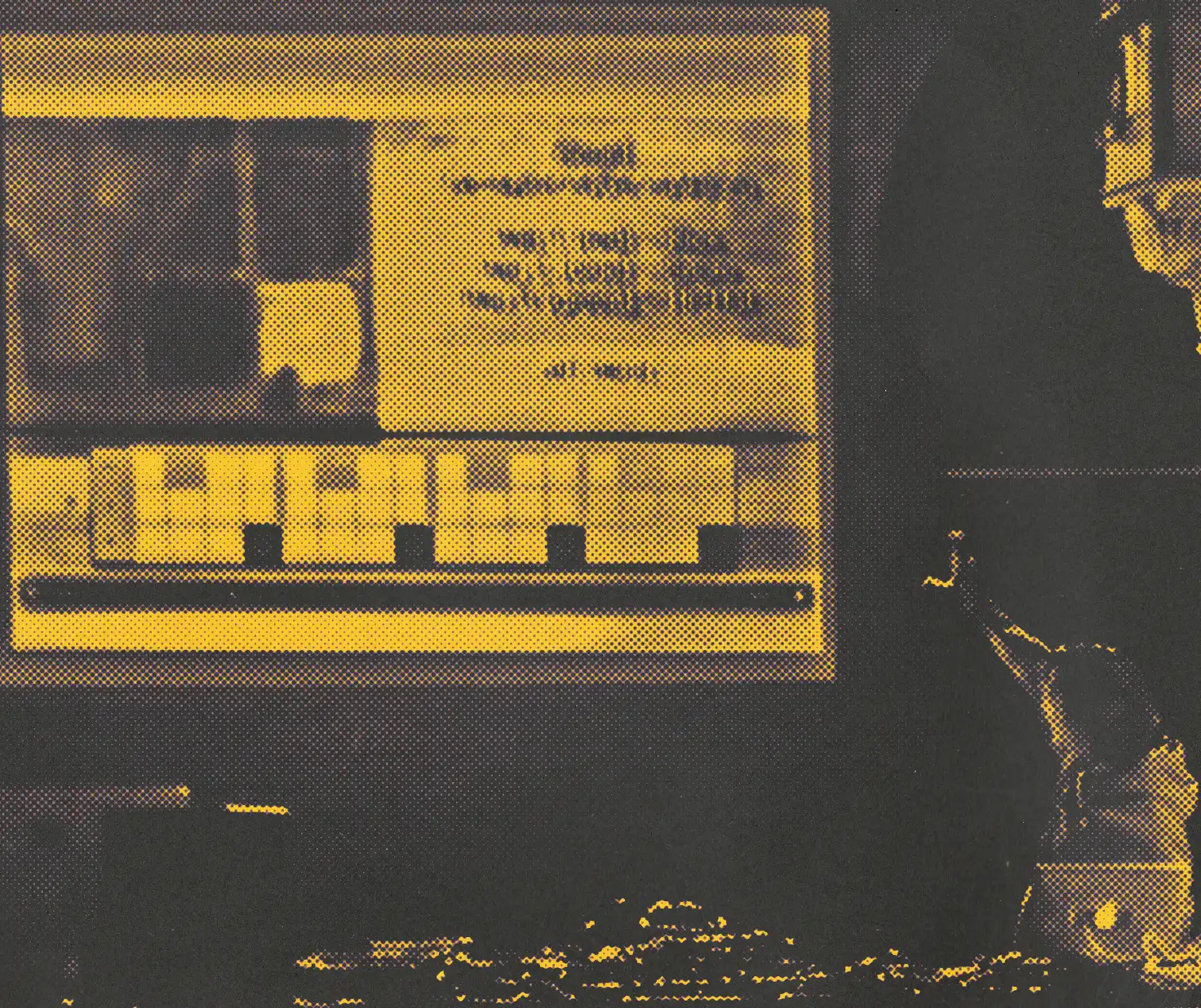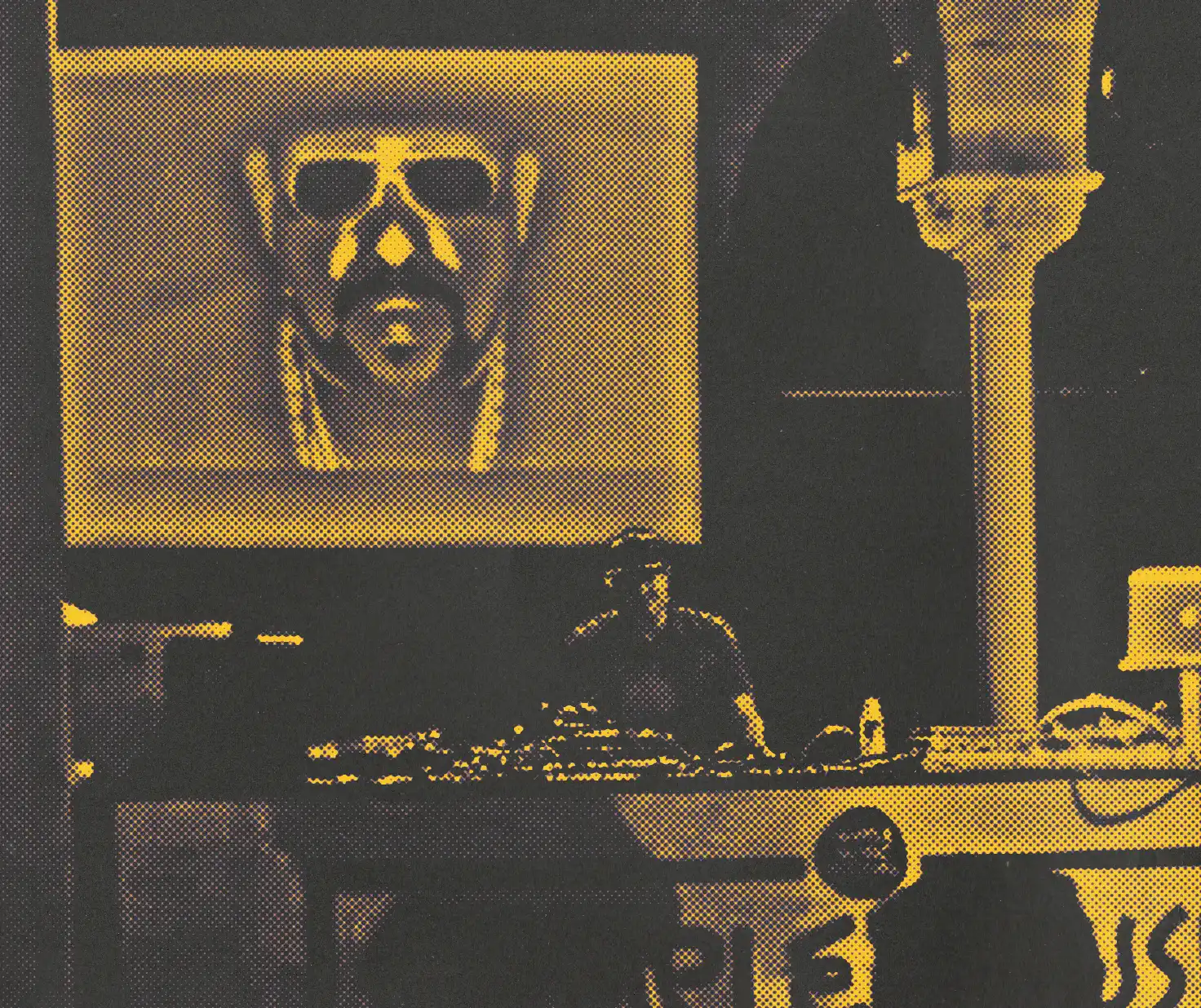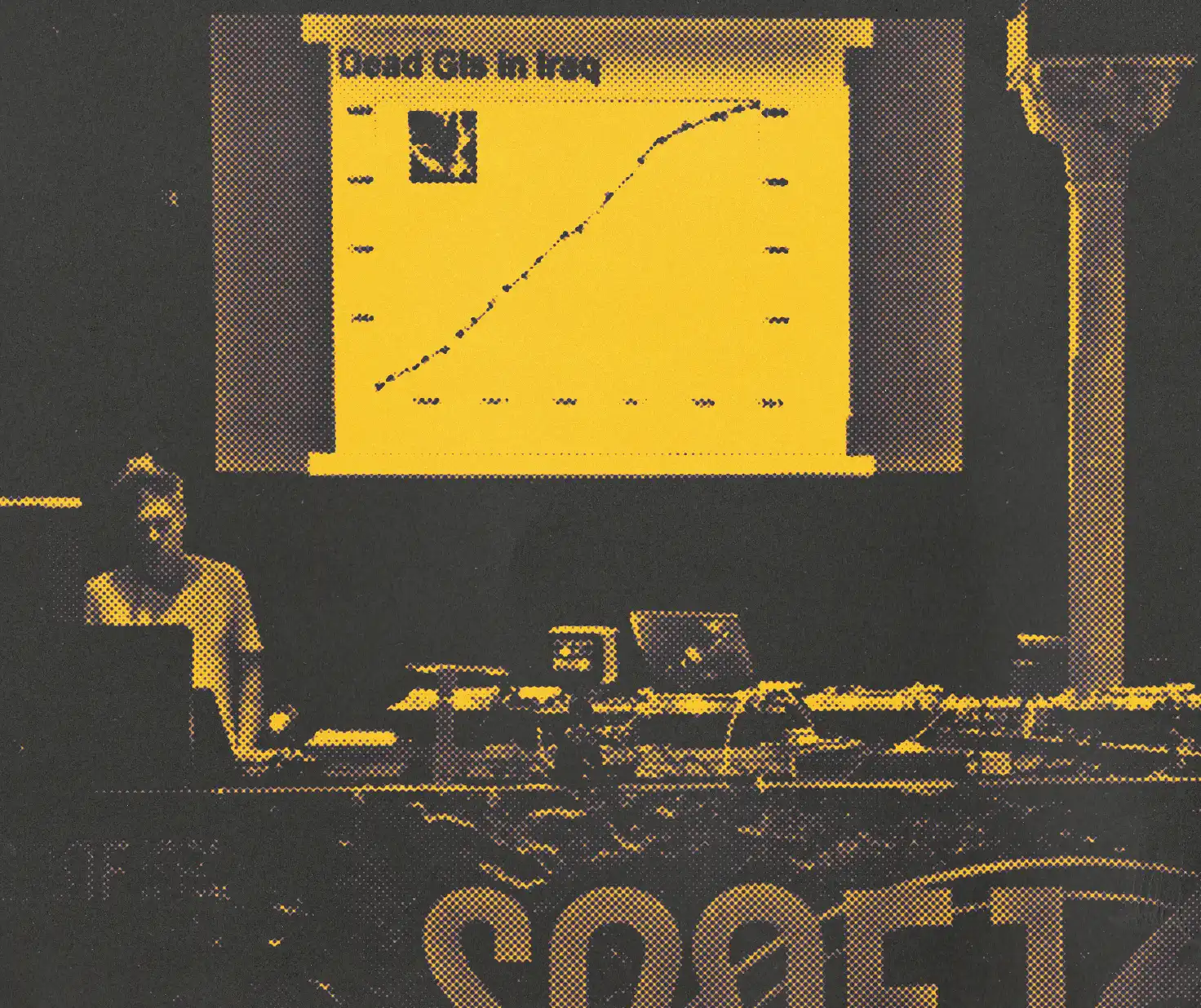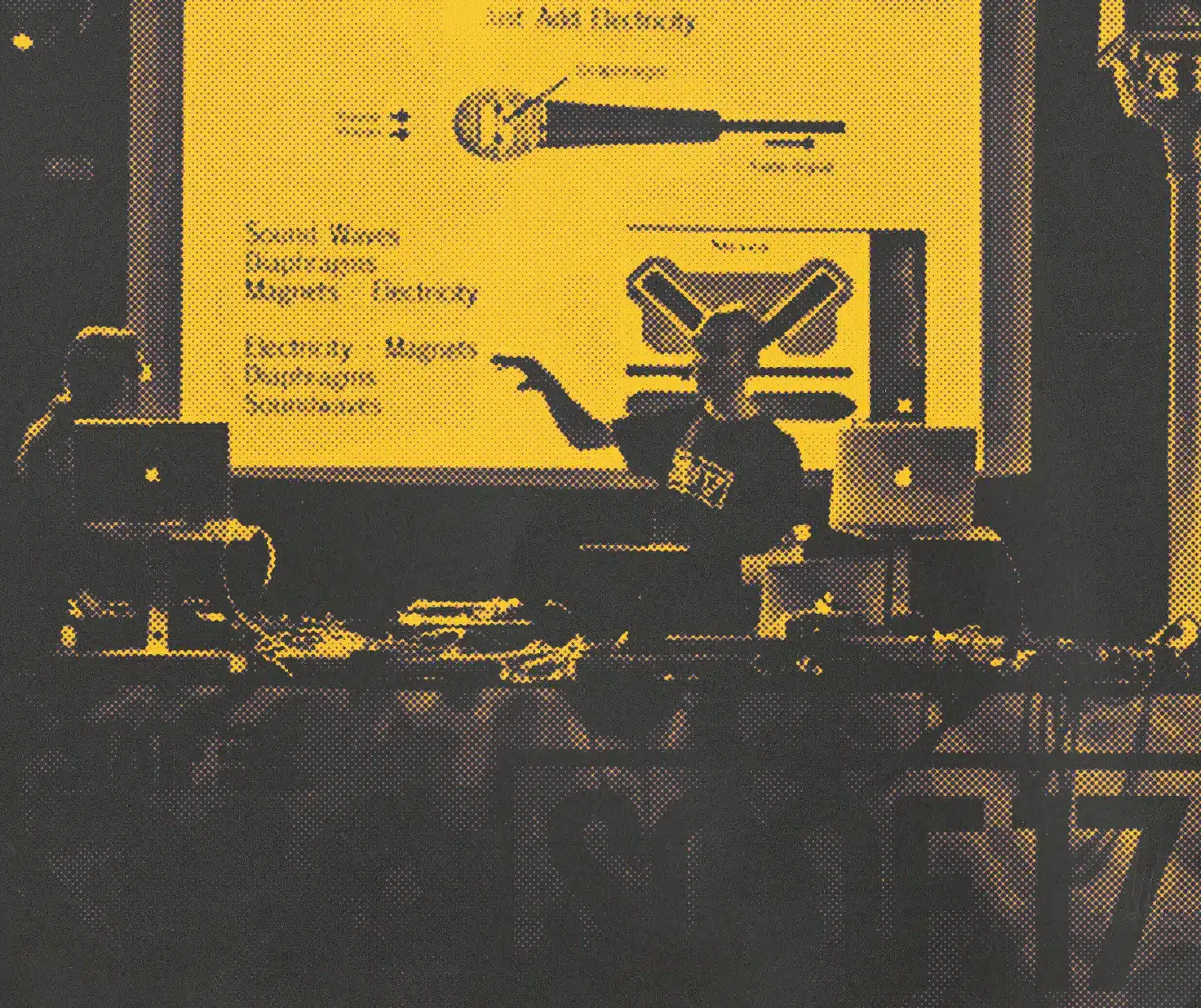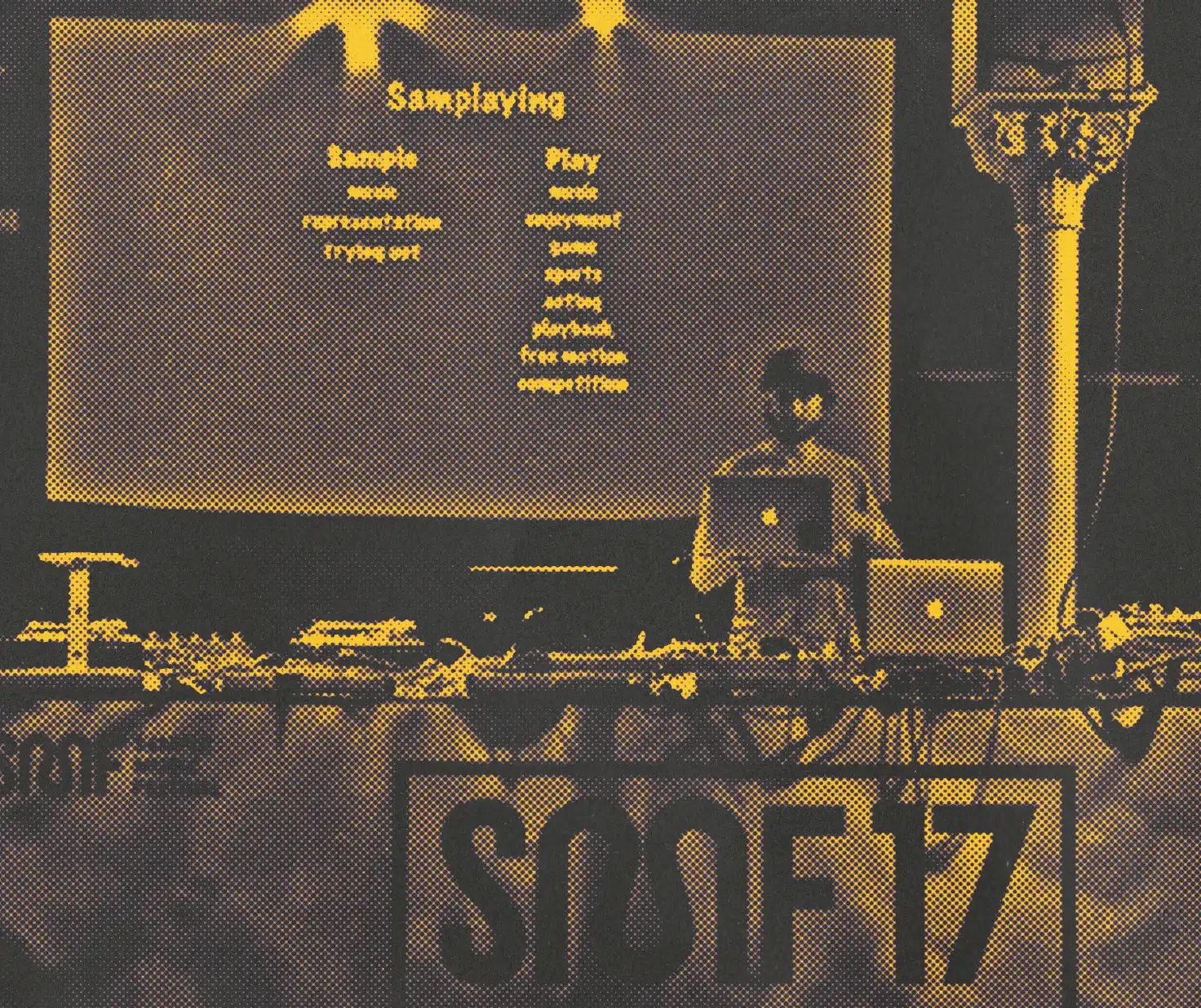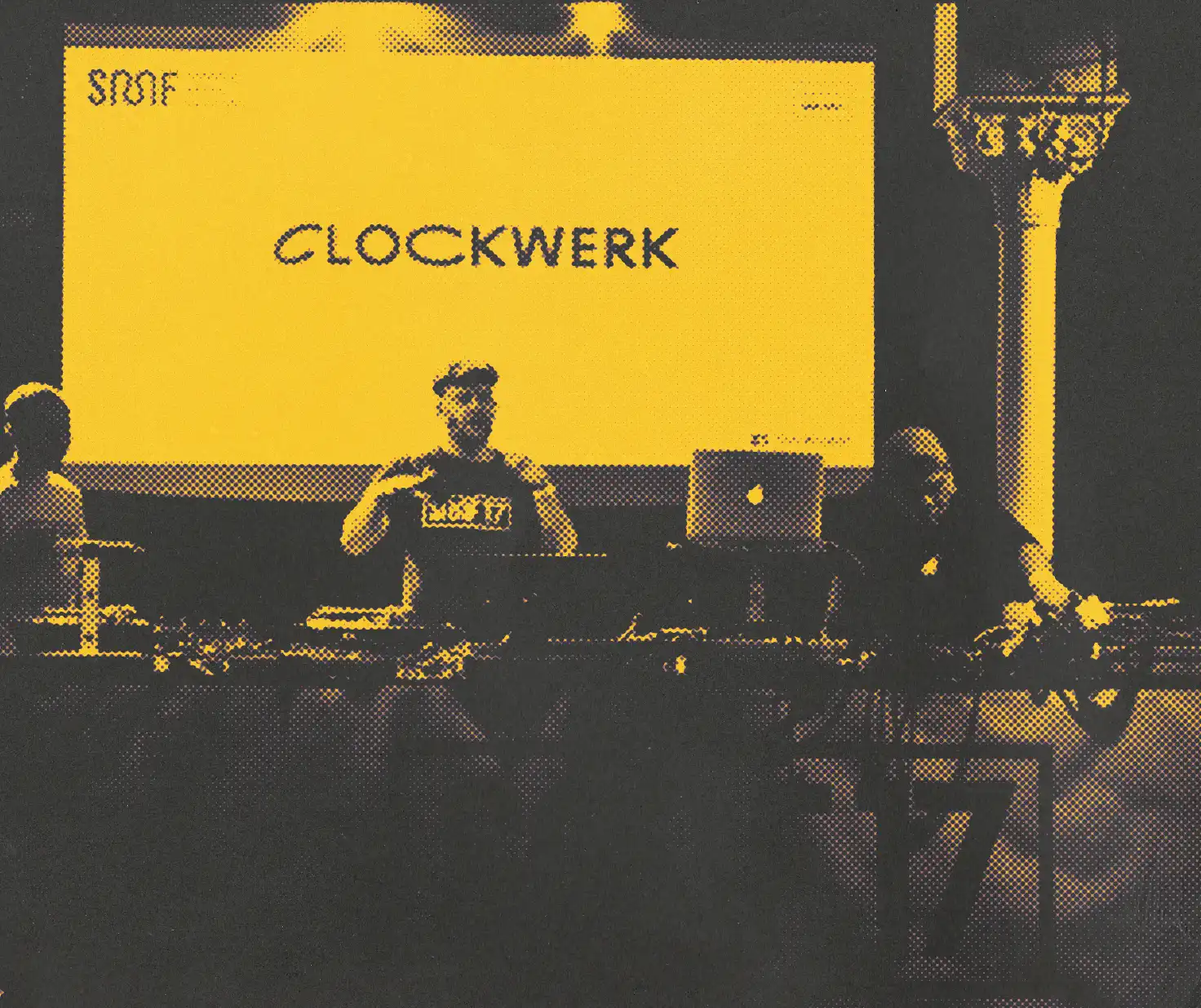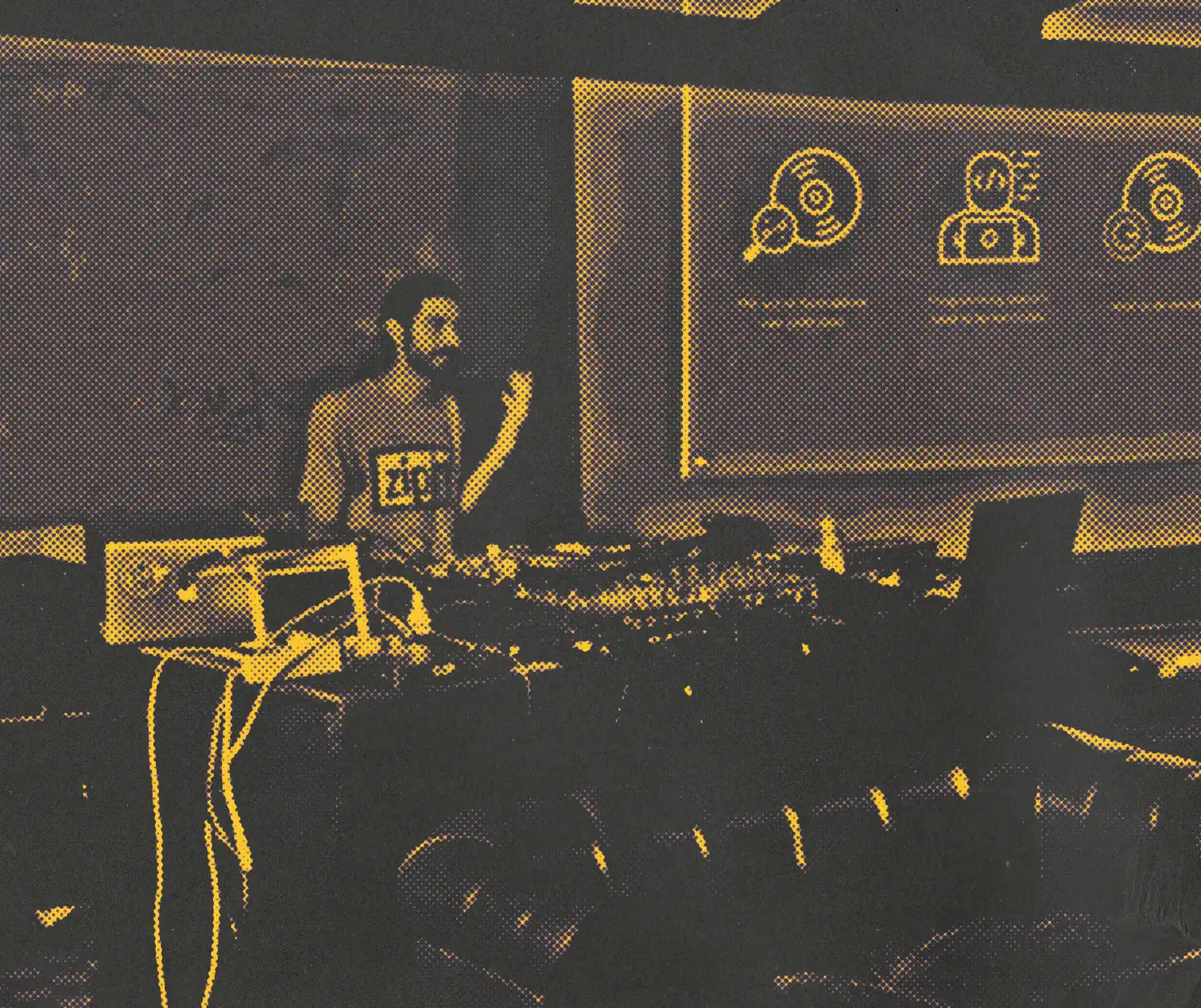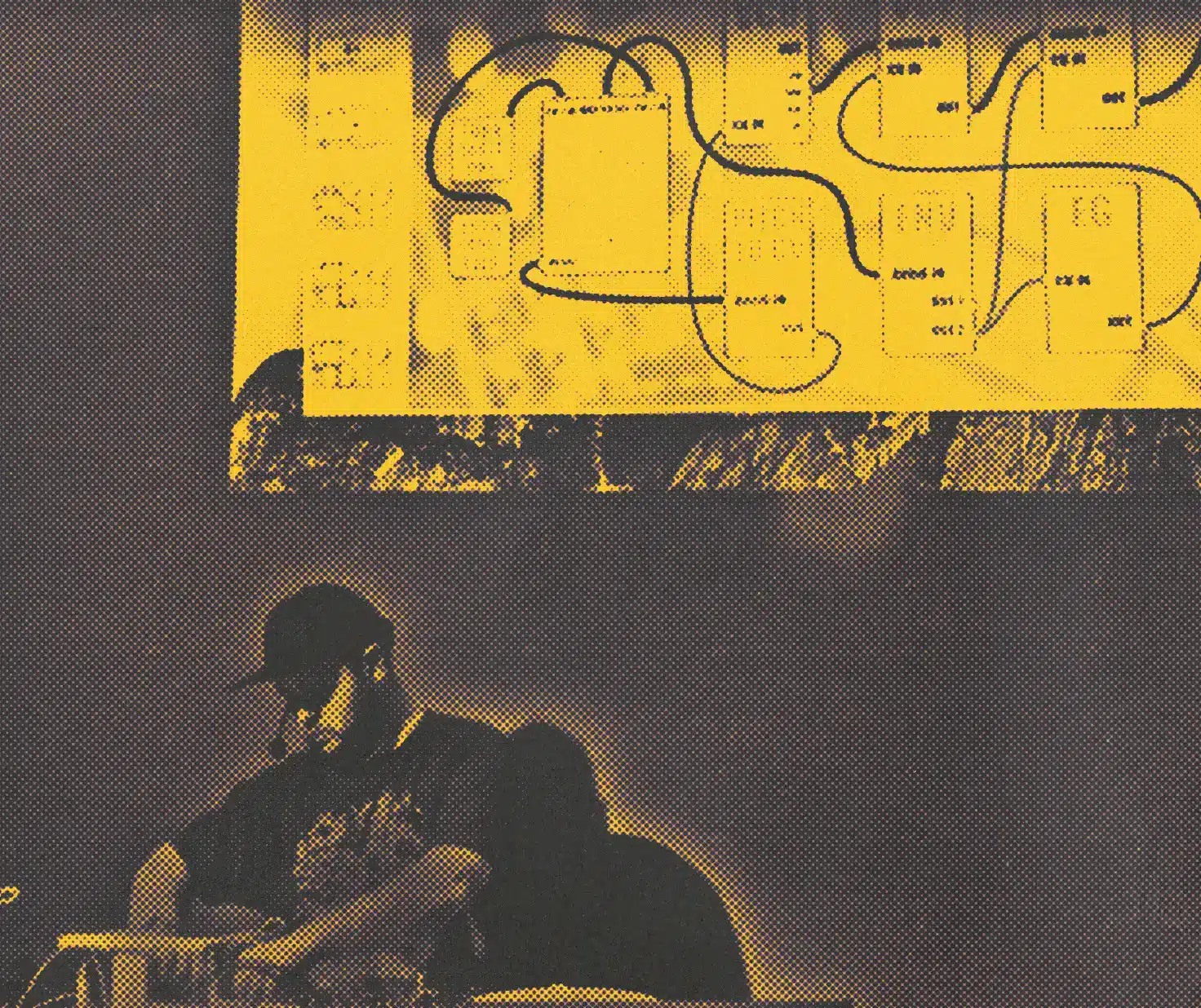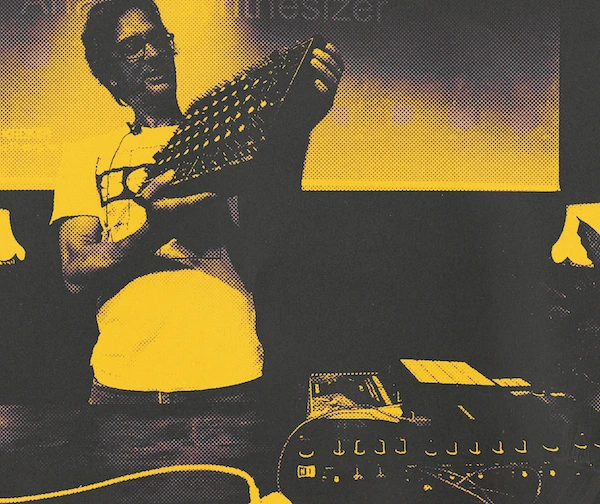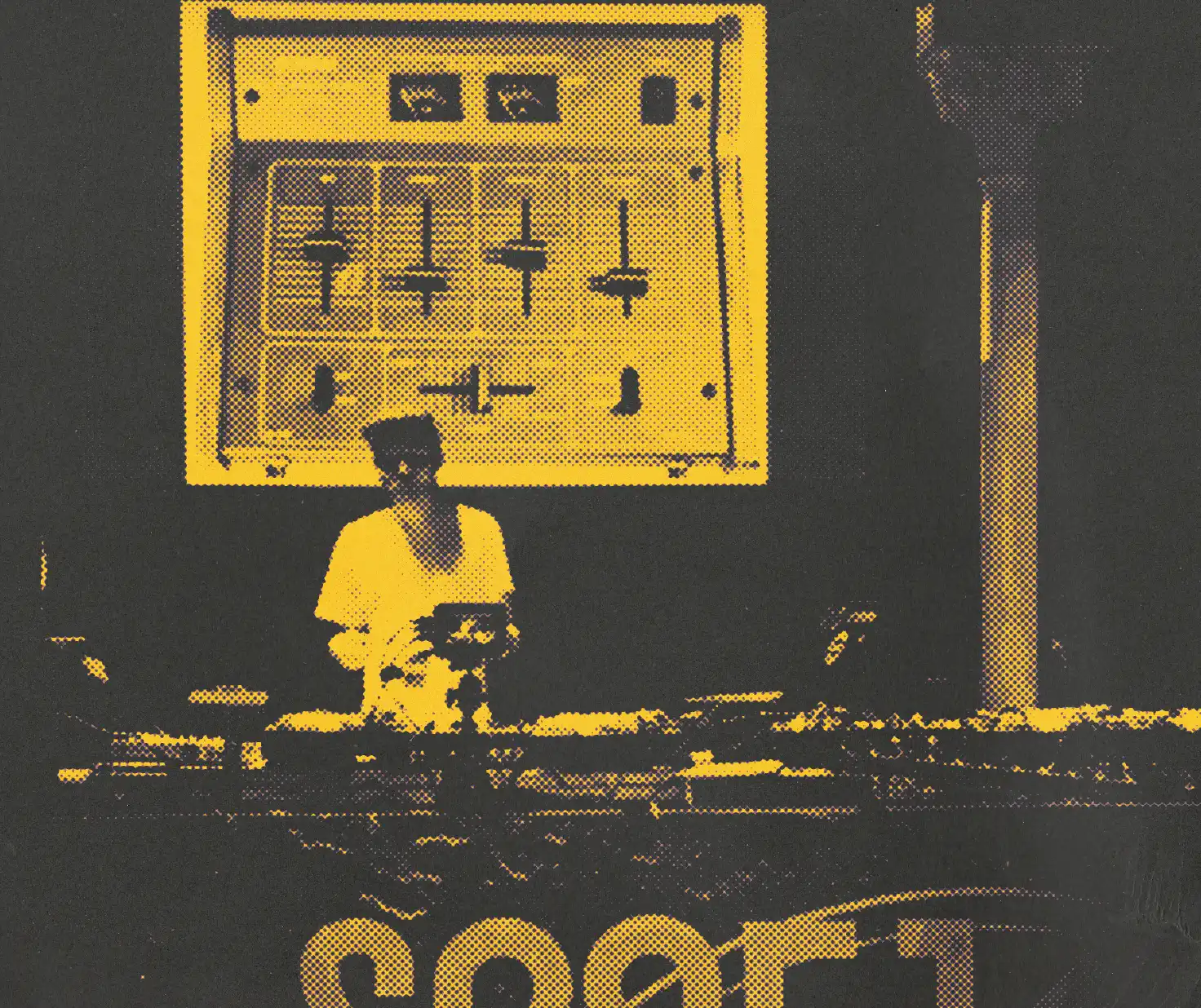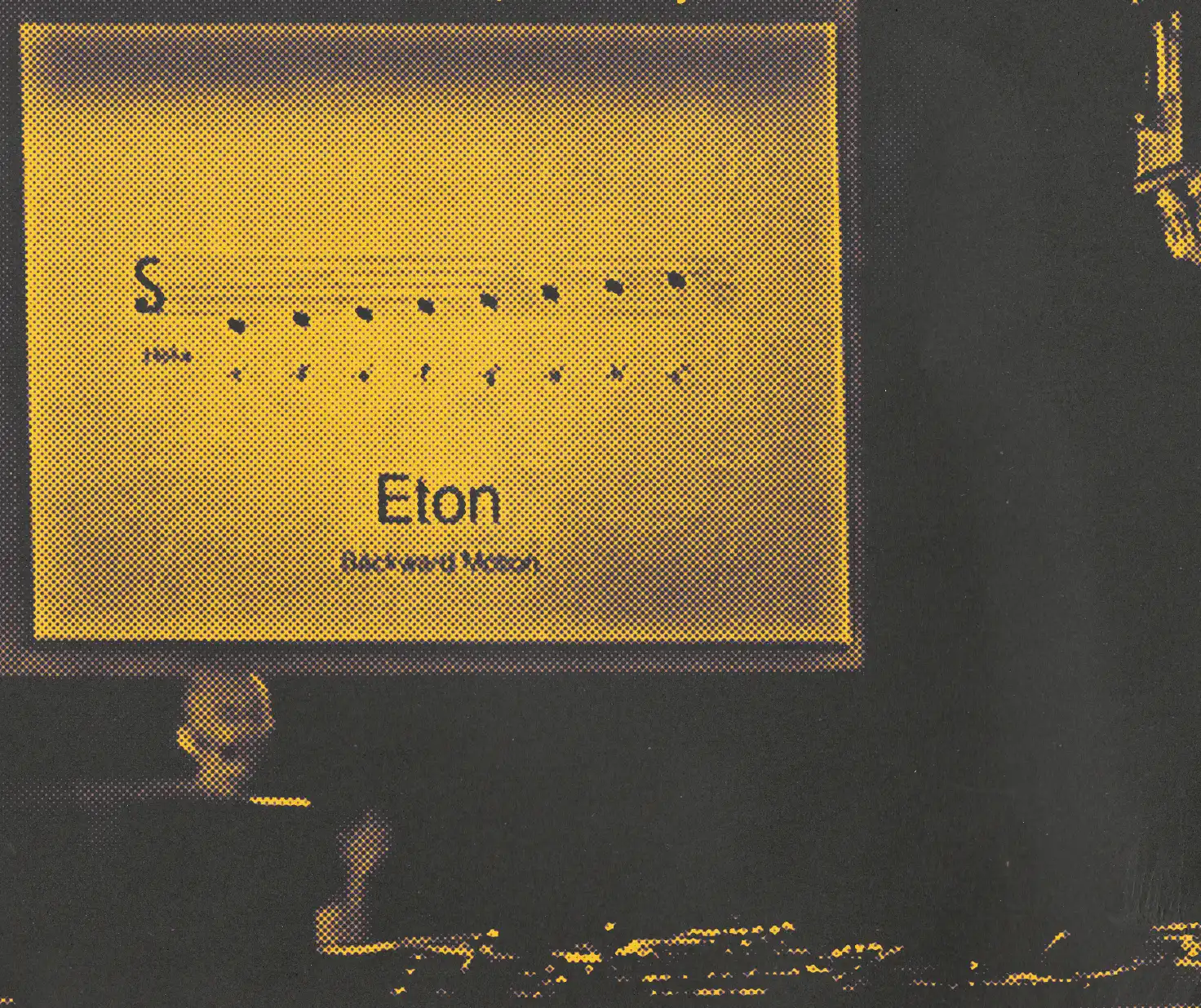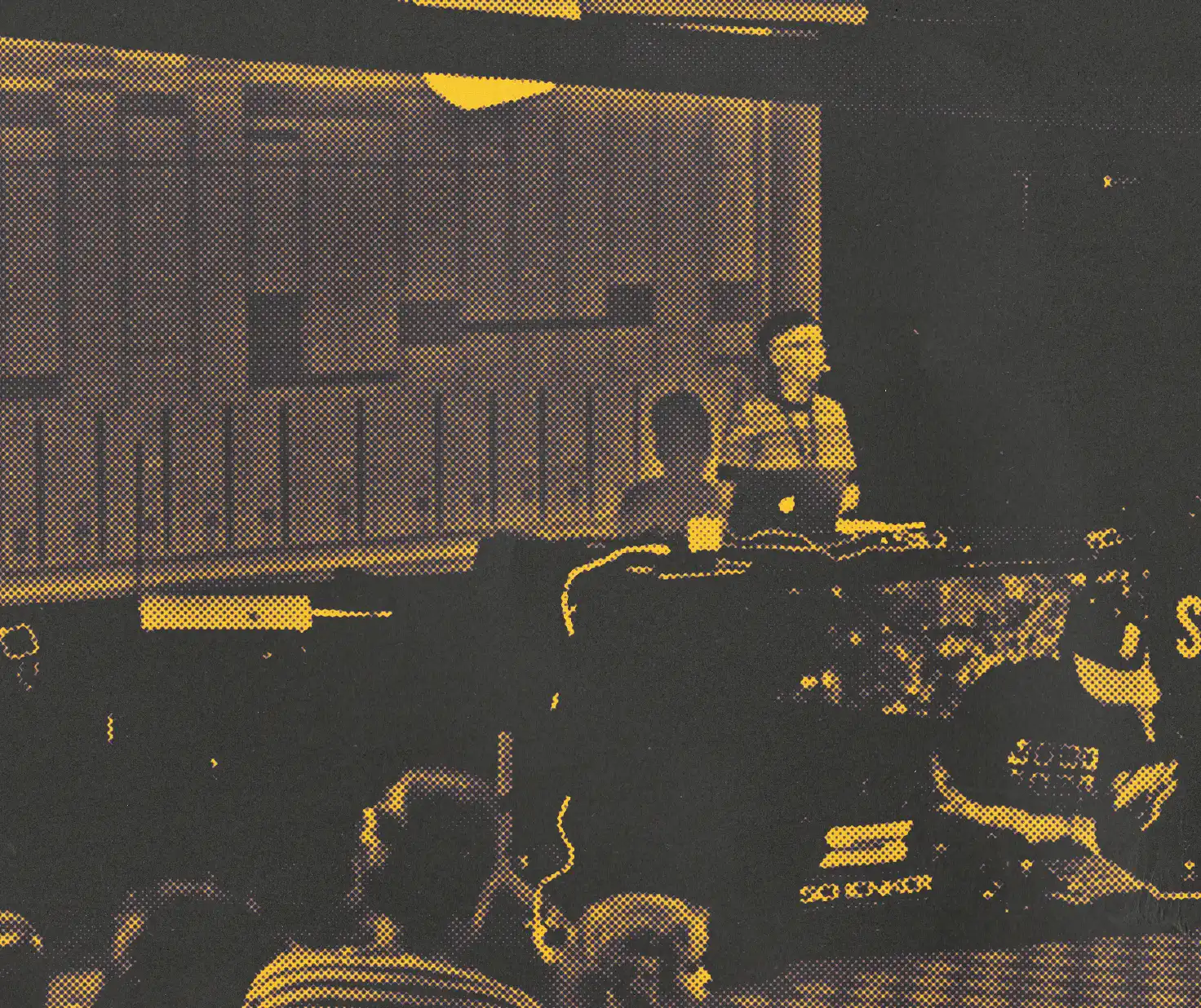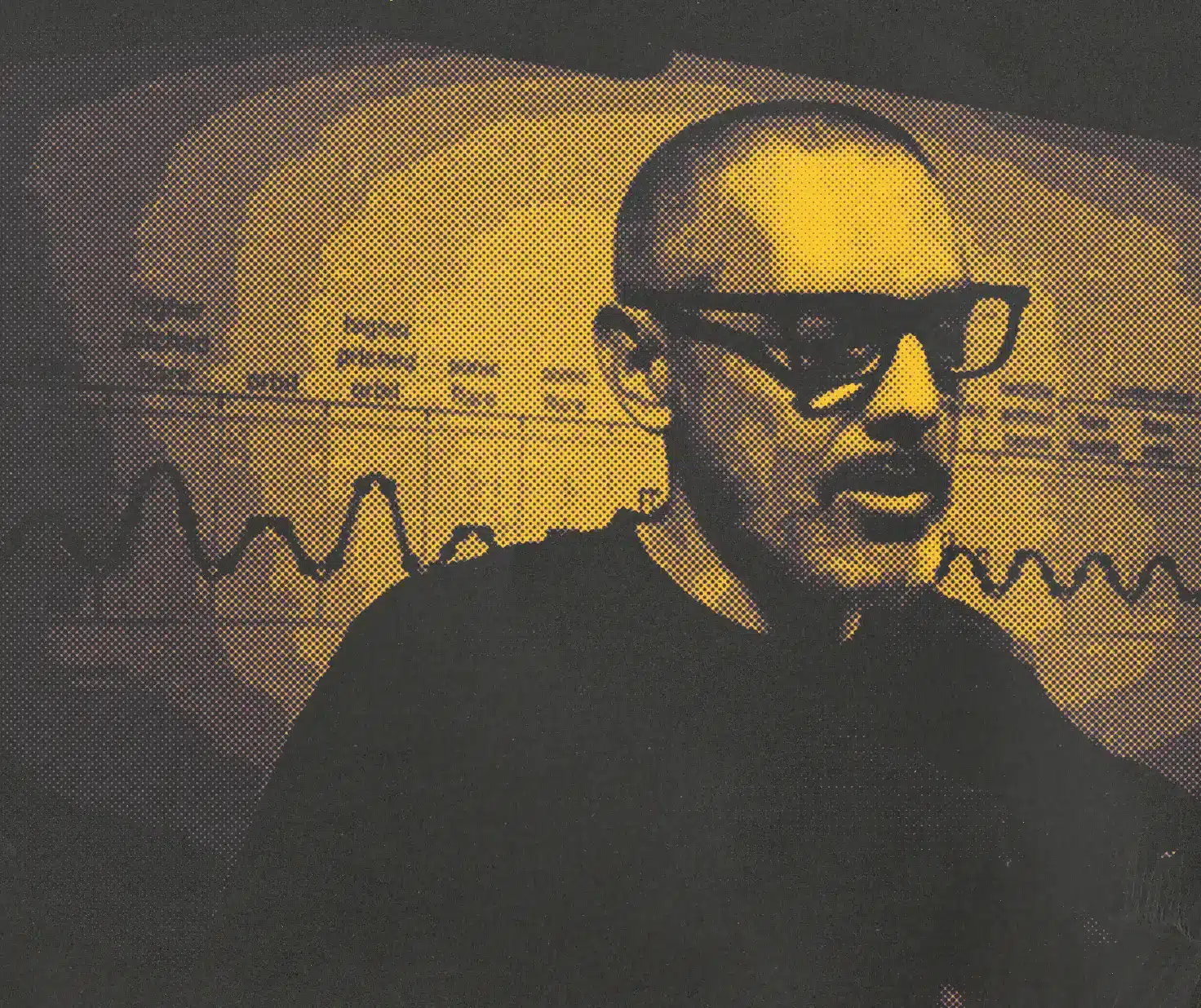- Location: GRETCHEN / Berlin
- Symposium: 2016
- Event: Sample Music Festival
- Topic: Music Production
Music has been a hallmark of humanity for millennia and has been a source of creative expression, comfort, and joy. But is it possible that this beloved art form has been irrevocably changed with the advent of digital audio workstations (DAW)?
Since the beginning of recorded sound, production techniques have allowed musicians to faithfully reproduce their recordings and then add a range of effects, from distortion to delay. This served to expand and enhance the sound of the music, making it easier to manipulate in the studio.
However, with the introduction of DAWs, these traditionally ‘analogue’ techniques are now done using software, allowing far more precise and sophisticated manipulation of sound. While this has opened up a range of possibilities for sound engineers and producers, the question remains; has this process stripped music of the natural, organic quality that was once its defining feature?
Some critics argue that the advances offered by DAWs cut out the 'live' element of music. This is particularly true of electronic music, where the artist relies on a combination of samples and studio techniques to create their sound. Proponents of this argument make the case that traditional production methods forged a more intimate bond between artist and their audience, by relying on tangible details and 'warmth' that could only be achieved in the studio.
At the same time, many argue that the increase in affordability and accessibility of computer music production software, has allowed more people than ever to make music. Many musicians now have a wealth of tools at their disposal to enhance and shape their recorded sound, expanding the opportunities for creativity and experimentation.
Ultimately, it is up to individual musicians to decide how they view the dynamic of digital audio workstations. For some, careful use of DAWs can be an incredibly effective way to expand and develop their creative process. For others, there is a feeling that the digital era has robbed music of a certain fundamental essence, and that there is something to be said for the blissful imperfections of classic, analogue sound.
Doshy belongs to Germany's leading producer of 808 bass music. His songs have been played by Gaslamp Killer, Rafik, and Q-Bert. In his lecture, Doshy provided a personal point of view on contemporary music culture and posed the question, "Where have the values gone?"
The urban environment and authentic shots of the protagonists in the film were a guarantee for a successful social media campaign for Panasonic.

